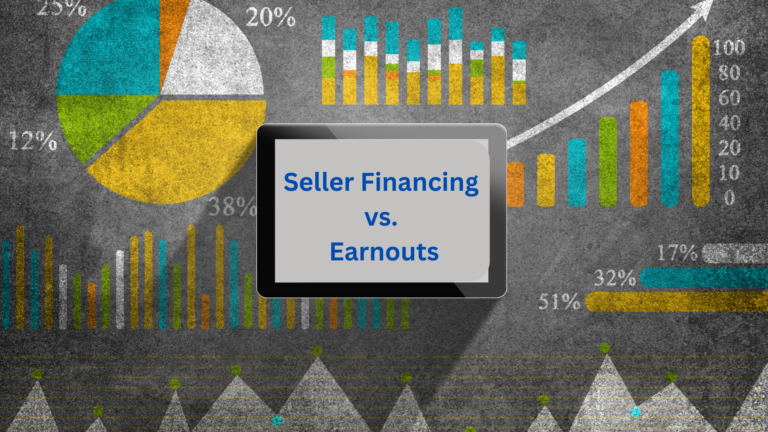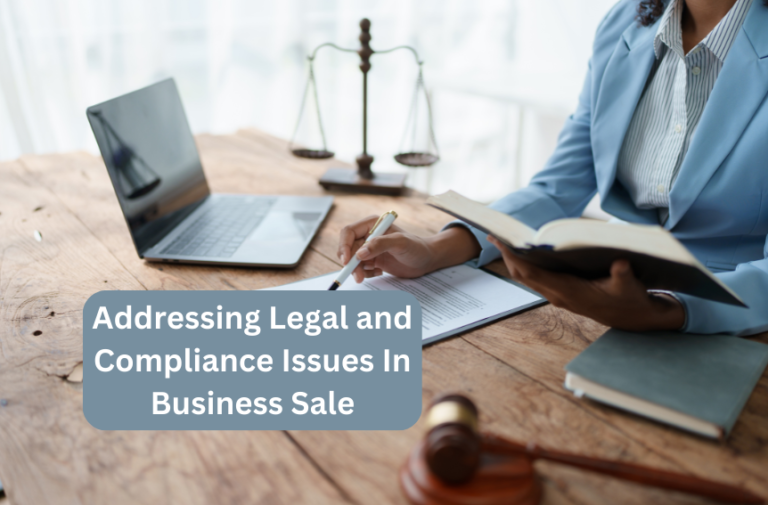Timing is crucial when preparing your business for sale. Ideally, you should start the preparation process and talk to your business broker at least two to three years in advance. This allows ample time to optimize your business operations, financials, management team, operational processes and overall attractiveness to potential buyers. However, many business owners face unexpected issues like medical problems, partner disputes, family matters, or burnout, which can force a sudden sale. For this reason, preparing your business for sale, even if you don’t plan to sell immediately, can be beneficial.
Here the key steps you need to take when preparing your business for sale:
1. Financial Readiness:
Are your financial statements accurate and current? Are you up to date with your tax filings, and have you completed your year-to-date profit and loss (P&L) and balance sheet? There have been instances where sellers were unable proceed with the sale because they could not provide P&L statements even after 30 years of business operation. These financial statements are crucial not only for buyers but also for lenders who need them to qualify the business for financing. Required documents typically include tax returns, income statements, balance sheets, and cash flow projections for the past three to five years. Both buyers and lenders will examine these documents closely, so transparency and accuracy are key.
2. Valuation and Pricing Strategy:
Utilizing professional valuation services is essential to determine the true value of your business when considering a sale. Employing professional services such as certified appraisals or broker opinions of value can help maximize the financial returns from the sale. With this valuation, you and your advisor can formulate a pricing strategy that is in line with current market trends and adheres to industry standards.
3. Operational Efficiency:
Is your business operating at peak efficiency? Are there untapped values that could enhance the sale? Efficient and profitable operations are key to attracting buyers and achieving the best market price. Enhancing your business’s operational efficiency requires focusing on cost-reduction strategies, automating processes, upgrading systems, and improving scalability.
4. Legal and Compliance Review:
Do you have any unresolved employee claims or customer complaints? How about environmental issues? Do you know the potential financial impact from these legal issues to your business? You need to conduct a thorough review of your legal and regulatory compliance program and address any outstanding issues and ensure all necessary documents, such as contracts, licenses and permits, are in place.
5. Profitability Optimization:
Once your operational efficiency is improved, is your profitability up? Does your business have any superfluous waste? Enhancing profitability can immediately elevate your business’s value. Typically, a business’s value is a multiple of its cash flow, so bolstering your bottom line will inherently increase the business’s value. This enhancement can be realized through refining core operations, securing more favorable terms with suppliers, concentrating on high-margin products or services, and/or managing expenses effectively.
6. Documentation and Organization:
Good documentation can significantly enhance the business’s image to potential buyers. Buyers will perform due diligence by examining the documents provided. Well-organized and comprehensive documentation not only expedites the process but also boosts the buyer’s confidence in the business. Therefore, meticulously preparing all essential documents can lead to a higher valuation. This includes all business-related documents such as financial statements, tax filings, insurance information, vendor agreements, client contracts, and employment agreements, among others.
Takeaways:
Preparing your business for sale is not an overnight job. Don’t wait until it’s too late to start preparing your business for sale. By starting early and following these steps, you can ensure your business is in the best possible shape to attract top buyers and secure the best price. Whether you’re planning to sell soon or just want to be prepared for the future, our expert team at Accel Business Advisors is here to help.
To schedule a free consultation with your local business broker in San Jose, CA, click here.













